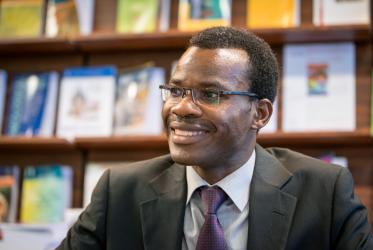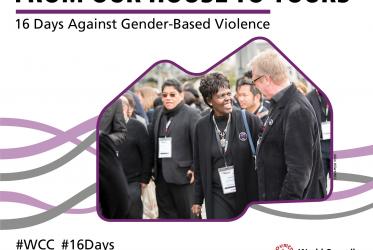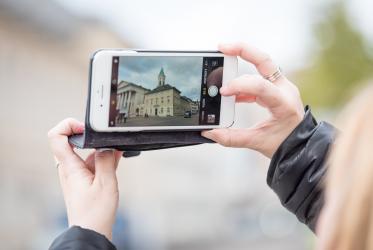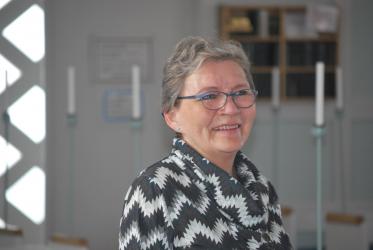Displaying 141 - 160 of 463
WCC staff appointed to WHO Civil Society Working Group on NCDs
28 November 2019
WCC delegation meets with Korean prime minister
19 November 2019
The cry of the Papuans in Indonesia
14 November 2019
WCC general secretary to visit Republic of Korea
13 November 2019
Markus Imhoof film receives human rights award
10 October 2019
WCC President Wejryd: ‘Water, in many ways, represents God’
27 September 2019
New website launched for Bossey Hotel and Conference Centre
12 September 2019
A deeply rooted teacher and preacher
10 September 2019
A passionate Korean feminist and ecumenist
21 August 2019
Young peoples movement strengthens influence
15 August 2019
Ecumenical young trailblazers
15 August 2019
Role of religion being questioned in public event in Norway
14 August 2019













